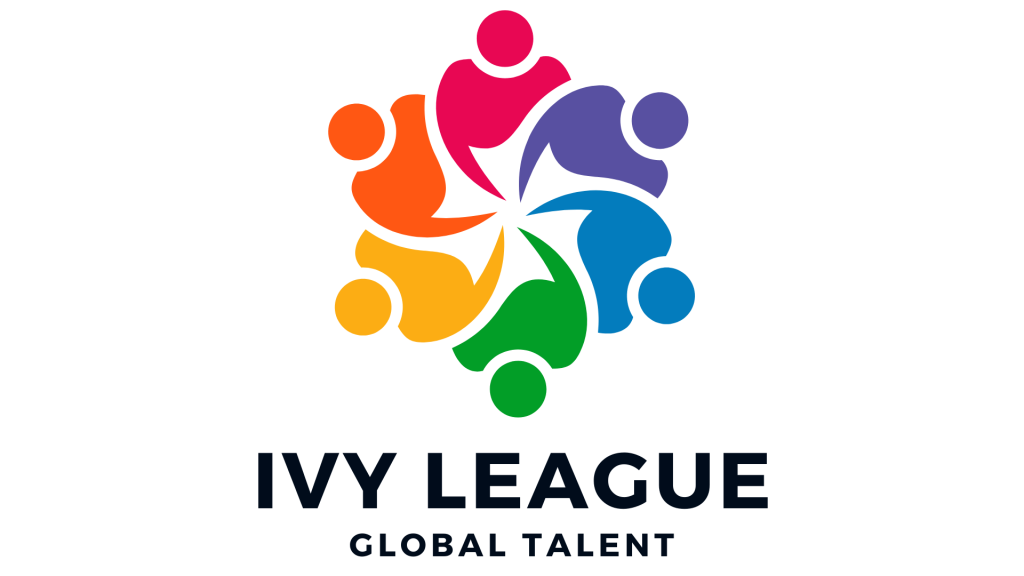In the ever-evolving world of work, companies are reevaluating their approach to motivating and retaining employees.
While monetary compensation remains crucial, the power of non-monetary incentives and benefits should not be underestimated. These non-financial rewards, ranging from recognition programs to work-life balance initiatives, have the potential to create a thriving work environment and drive employee engagement, while making the company stay competitive in the market even if it doesn’t have the highest salaries.
In this article, we will explore the profound impact of non-monetary incentives and benefits, along with real-world examples that demonstrate their effectiveness in today’s companies.
- Flexible Work Arrangements: Flexibility has become a sought-after benefit, allowing employees to balance their personal and professional lives effectively. Consider offering flexible work hours, remote work models, or compressed workweeks. Empower employees to manage their schedules and deliver results in a way that suits their individual needs. This flexibility can enhance work-life balance, reduce stress, and boost overall job satisfaction.
- Recognition and Appreciation: A simple “thank you” or public acknowledgment can go a long way in making employees feel valued. Establish a culture of recognition by implementing programs that highlight exceptional performance, milestones, and contributions. For instance, you can host regular team shout-outs during meetings, or establish a peer-to-peer recognition platform where employees can appreciate each other’s achievements.
- Professional Growth and Development: Investing in employees’ professional development not only enhances their skills but also demonstrates your commitment to their growth. Offer opportunities for training, workshops, conferences, and mentorship programs. Encourage employees to set personal goals and provide the resources and support needed to achieve them. This investment in their careers will result in increased job satisfaction and loyalty to the organization.
- Health and Wellness Initiatives: Promote the well-being of your employees by implementing health and wellness initiatives. Provide access to gym memberships or mental health resources. By prioritizing their physical and mental health, you foster a supportive environment where employees feel cared for and motivated to perform their best.
- Employee Engagement Activities: Organize team-building activities that allow employees to connect and bond. This fosters a sense of camaraderie, strengthens relationships, and boosts morale. Consider hosting annual company retreats, or team encounters in localities where there is more than one employee. These experiences create a positive work culture and reinforce the notion that employees are part of something meaningful.
- Work-Life Integration: Go beyond work-life balance and promote work-life integration. Offer benefits such as parental leave, caregiving support, or flexible leave policies to accommodate personal responsibilities. Encourage employees to bring their whole selves to work by acknowledging their diverse interests and commitments. By enabling employees to successfully integrate their personal and professional lives, you create a supportive atmosphere that nurtures their overall well-being.
In the quest to attract, motivate, and retain top talent, companies must recognize the power of non-monetary incentives and benefits. By implementing recognition programs, prioritizing professional development, supporting work-life integration, and promoting employee well-being, organizations create an environment that fosters engagement, loyalty, and productivity. Remember, it’s the thoughtful gestures and investments in employees’ holistic growth and happiness that will set your company apart and unlock its full potential


